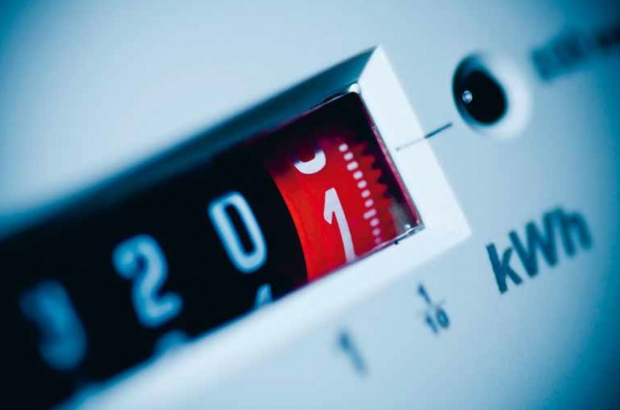- Daily & Weekly newsletters
- Buy & download The Bulletin
- Comment on our articles
Belgium unveils measures to combat high energy costs
The Belgian government has unveiled its plan to help families struggling to pay energy bills as a result of skyrocketing prices for oil, gas and electricity.
The energy package is expected to save the average household in Belgium an estimated €260 on their bill.
Prime Minister Alexander De Croo (OpenVLD) called it “a triple booster for household purchasing power,” making a reference to Covid-19 booster shots.
Its main components are a temporary reduction in VAT on electricity from 21% to 6% between April 1 and July 1, a one-off heating cheque of €100 for all Belgian households and a “mini tax shift.” Social tariffs will also be extended and expanded to more households.
The reduction of VAT, which was hotly debated among politicians, is expected to result in savings of about €60 for an average household. The so-called mini tax shift should save an average of €100 as a result of a reduction in the special social security contribution for low and medium income earners, a tax which in the long-term is intended to be phased out entirely.
An increase in the excise tax on tobacco will help finance the mini tax shift, along with the introduction of the flight tax. That tax is intended to help fight climate change and amounts to €10 for flights within 500 kilometres, €2 for longer flights within the European Economic Area and €4 for all other flights.
Many of the measures are based on income and energy consumption, meaning savings will vary by household.
Critics say ‘too little, too late’
Julie Frère, spokesperson for consumer agency Test Achats criticised the government for behaving “irresponsibly” for having “delayed so long in adopting these measures, when they have been mentioned since September”.
Test Achats was also critical of the government's choice to lower VAT only on the price of electricity, when gas prices are the ones that have risen - and are continuing to rise - the most.
“Today, if you conclude a contract with a gas supplier, you will pay about €3,700 per year. This is absolutely enormous,” Frère said.
“You will also pay €1,800 per year for electricity, for what is a basic need. And 80% of the gas consumption was between the beginning of October and the end of March. That's now... and it's now that the rates are high.”
For its part, the federal government said the choice was made out of concern for “fairness”, since not all consumers heat with gas, and also because of climate issues.
The General Labour Federation of Belgium (FGTB) criticised the package for not being enough “for families who must now choose between heating their homes and meeting other basic needs”.
Increased social tariffs and additional financing
Social tariffs currently in place to help struggling households will be extended as expected until the end of June, and the parameters for qualifying for such a tariff will also expand, doubling the total number of beneficiary households to one million.
“The social tariff allows the electricity bill to be divided by two and the gas bill by five,” said Minister of Economy Pierre-Yves Dermagne (PS).
The tariff will allow consumers who benefit to save an average of €1,760 on gas and electricity bills in the winter months that constitute the first quarter of this year, according to figures from the office of Federal Energy Minister Tinne Van der Straeten (Groen). An average of €334 will be saved in the second quarter, when temperatures are expected to be milder.
The Belgian Anti-Poverty Network welcomed the extension of social tariffs but said they regretted that the country is simply going from one extension to the next, rather than making the tariff permanent and structural.
The package of measures will be financed in part by the additional revenue that the federal government has earned from higher energy prices, which they’ve promised to pass on to consumers.
That amounts to a total of €813 million: €512 million in additional VAT on gas and electricity, €32 million more from the ‘nuclear tax,’ €177 million in subsidies that the state won’t have to pay to offshore wind power thanks to high electricity prices on the wholesale market, and €83 million in increased VAT revenue on heating oil.
The net cost to the state budget is estimated at about €300 million euros.

















